Why Exercise Is Important for Senior Dogs
 As dogs age, their metabolism slows and joints may stiffen, but regular exercise is still essential. Gentle, consistent activity helps maintain a healthy weight, supports mobility, reduces stiffness, and boosts overall quality of life. The key is choosing the right type of exercise for your dog’s age and health.
As dogs age, their metabolism slows and joints may stiffen, but regular exercise is still essential. Gentle, consistent activity helps maintain a healthy weight, supports mobility, reduces stiffness, and boosts overall quality of life. The key is choosing the right type of exercise for your dog’s age and health.
Gentle Walks
Daily walks remain one of the best ways to keep senior dogs active. Keep them shorter and slower, paying attention to your dog’s pace. Avoid overly rough terrain and take breaks if needed. Using a comfortable no-pull harness ensures your dog can walk without strain.
Swimming
 Swimming is an excellent low-impact exercise for senior dogs. The buoyancy of water reduces stress on joints while providing a full-body workout. Even a shallow splash pool in summer can help older dogs stay mobile without discomfort.
Swimming is an excellent low-impact exercise for senior dogs. The buoyancy of water reduces stress on joints while providing a full-body workout. Even a shallow splash pool in summer can help older dogs stay mobile without discomfort.
Mental Stimulation
Exercise isn’t just physical. Brain games, puzzle toys, or foraging activities keep older dogs mentally sharp and engaged. Short training refreshers can also give them purpose while strengthening your bond.
Low-Impact Play
 Games like gentle tug-of-war, hide and seek, or rolling a ball across the floor encourage movement without the risk of injury. Avoid high-impact chasing or jumping activities, which may strain older joints.
Games like gentle tug-of-war, hide and seek, or rolling a ball across the floor encourage movement without the risk of injury. Avoid high-impact chasing or jumping activities, which may strain older joints.
Strength and Mobility Exercises
Simple mobility exercises, such as walking over soft obstacles or gentle incline climbs, can help maintain muscle tone and flexibility. Always introduce these slowly and observe your dog for signs of fatigue.
Supporting Comfort and Recovery
After exercise, recovery is just as important. A supportive orthopedic dog bed helps cushion joints and improves rest quality. In colder months, consider a warm dog coat to protect stiff joints during outdoor walks.
FAQs
How often should I exercise my senior dog?
Short, daily sessions are better than occasional long ones. Aim for two to three gentle walks plus light play or mental stimulation each day.
What exercises should I avoid with older dogs?
Avoid high-impact activities like jumping, rough fetch, or long-distance running, as these can stress aging joints and ligaments.
Can senior dogs still learn new tricks?
Absolutely. Older dogs benefit from mental enrichment, and training new tricks (with positive reinforcement) helps keep their brains active.
Should I consult my vet before starting new exercises?
Yes. Always check with your vet to ensure the exercise plan is safe, especially if your dog has arthritis, heart conditions, or other health issues.


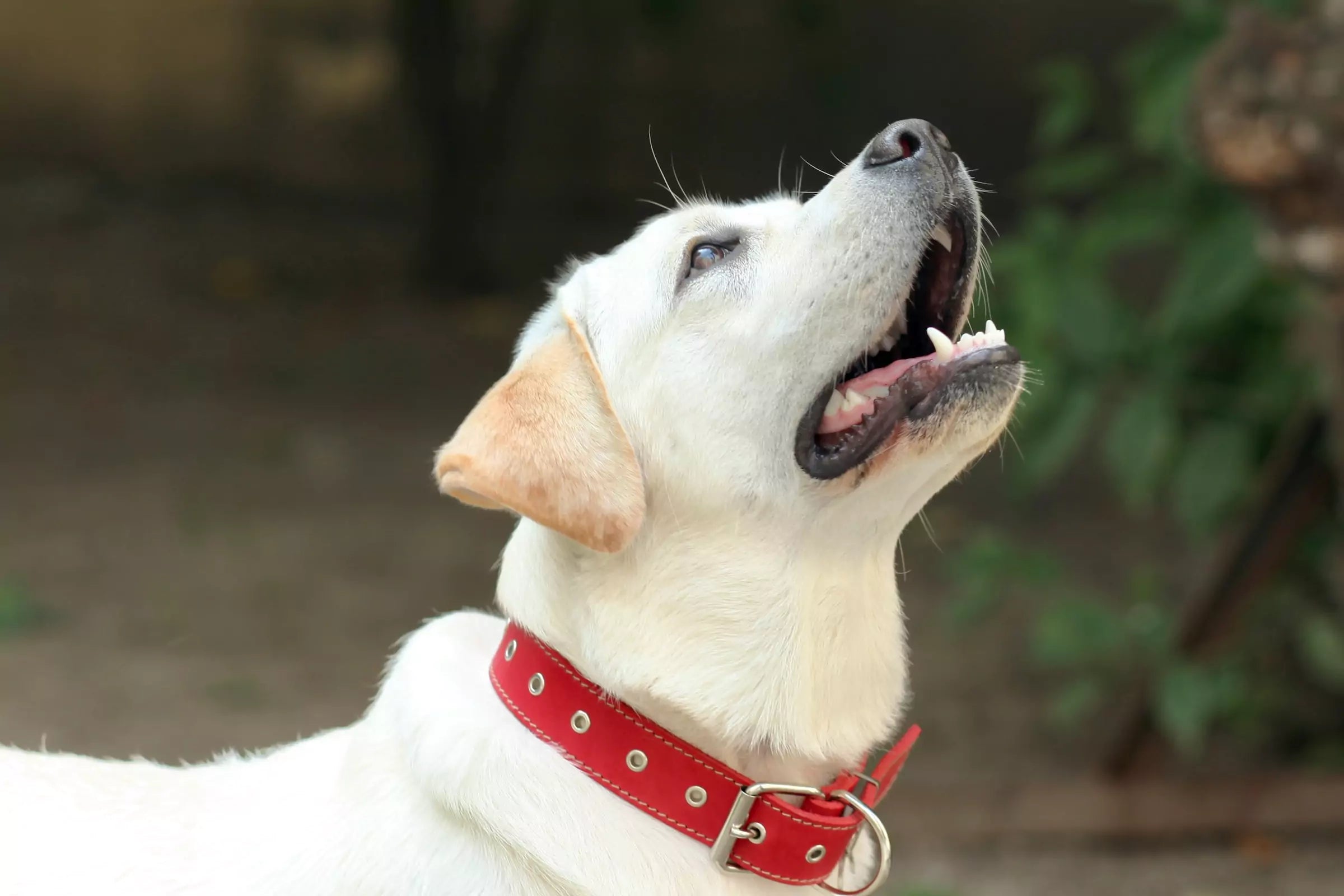
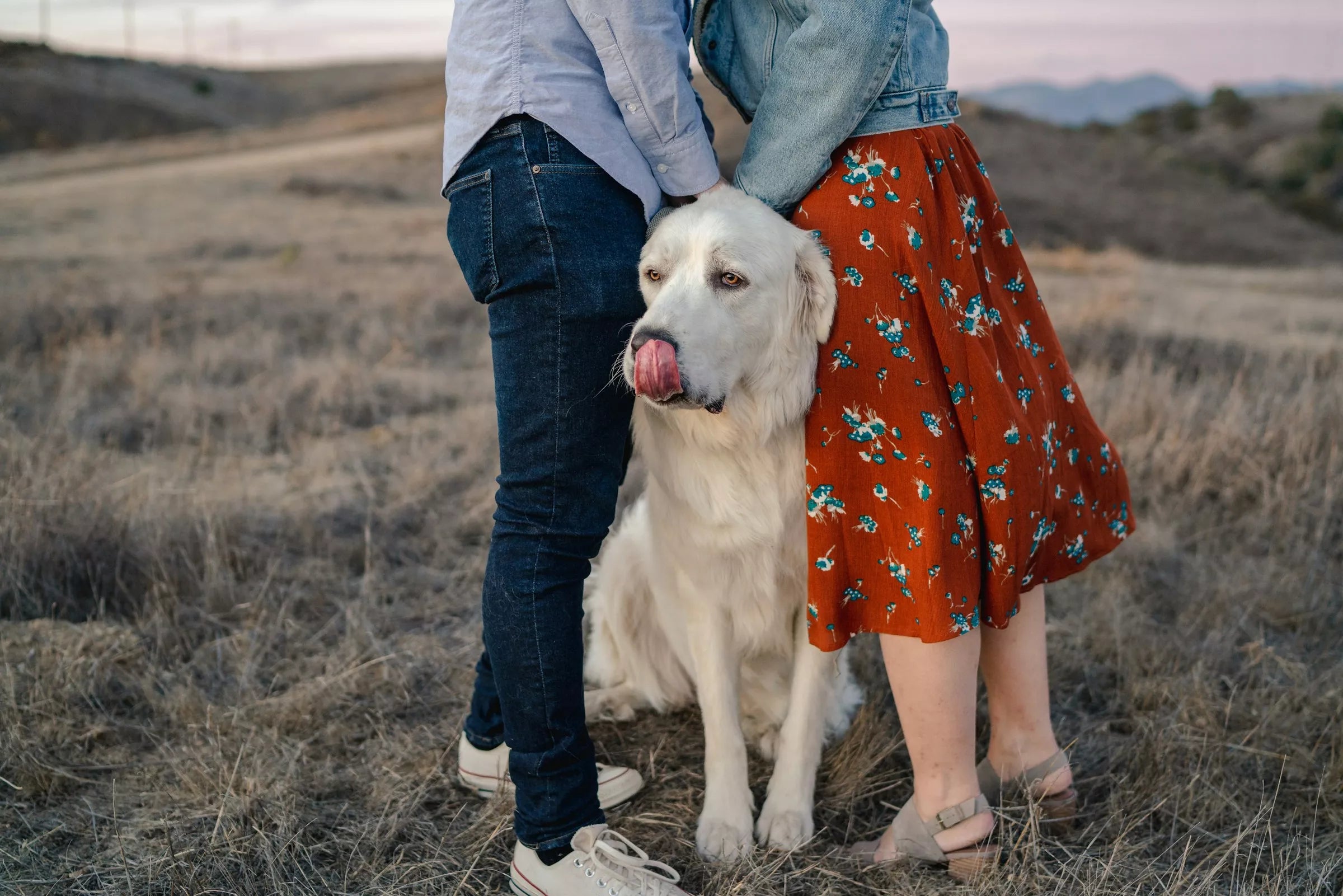
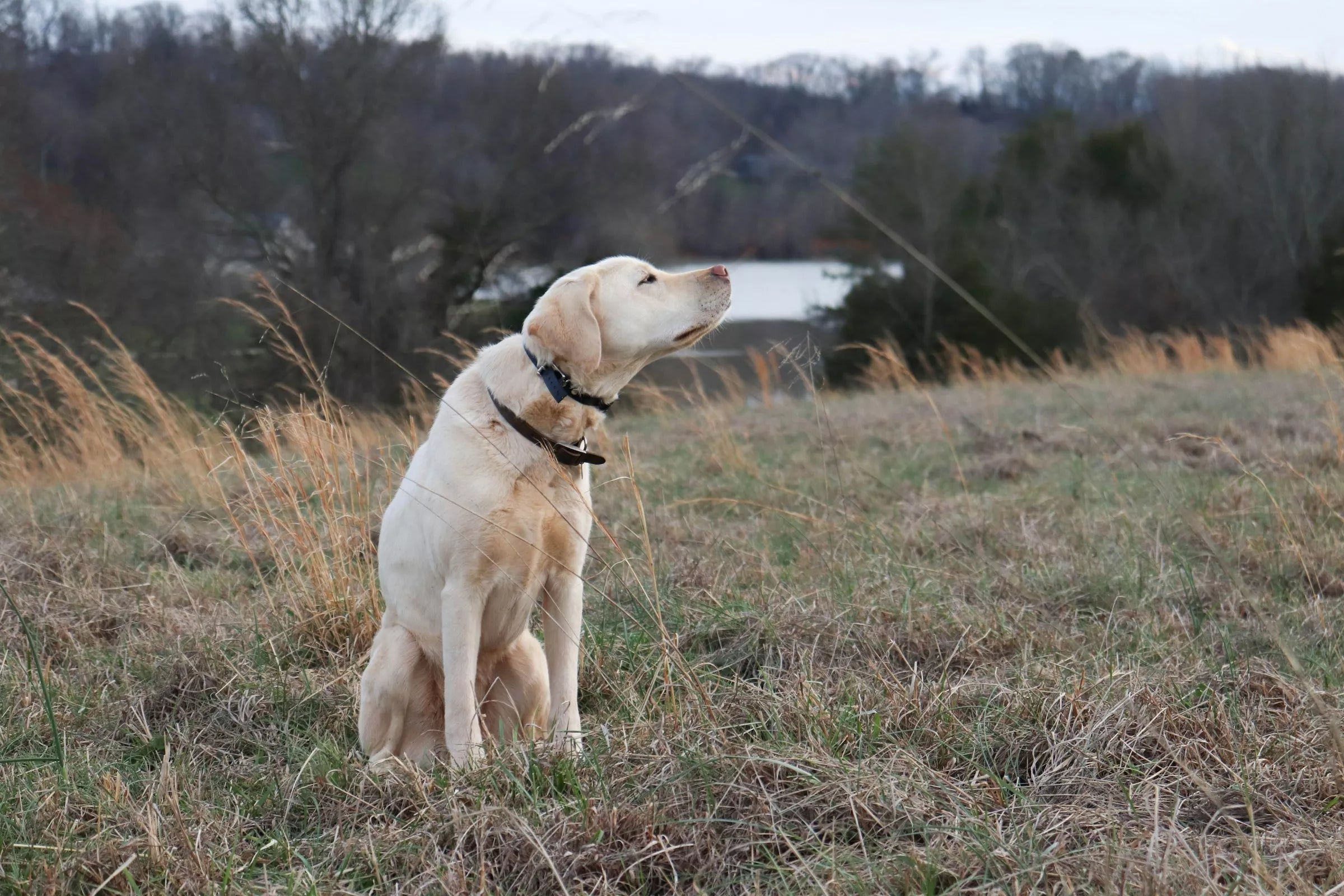
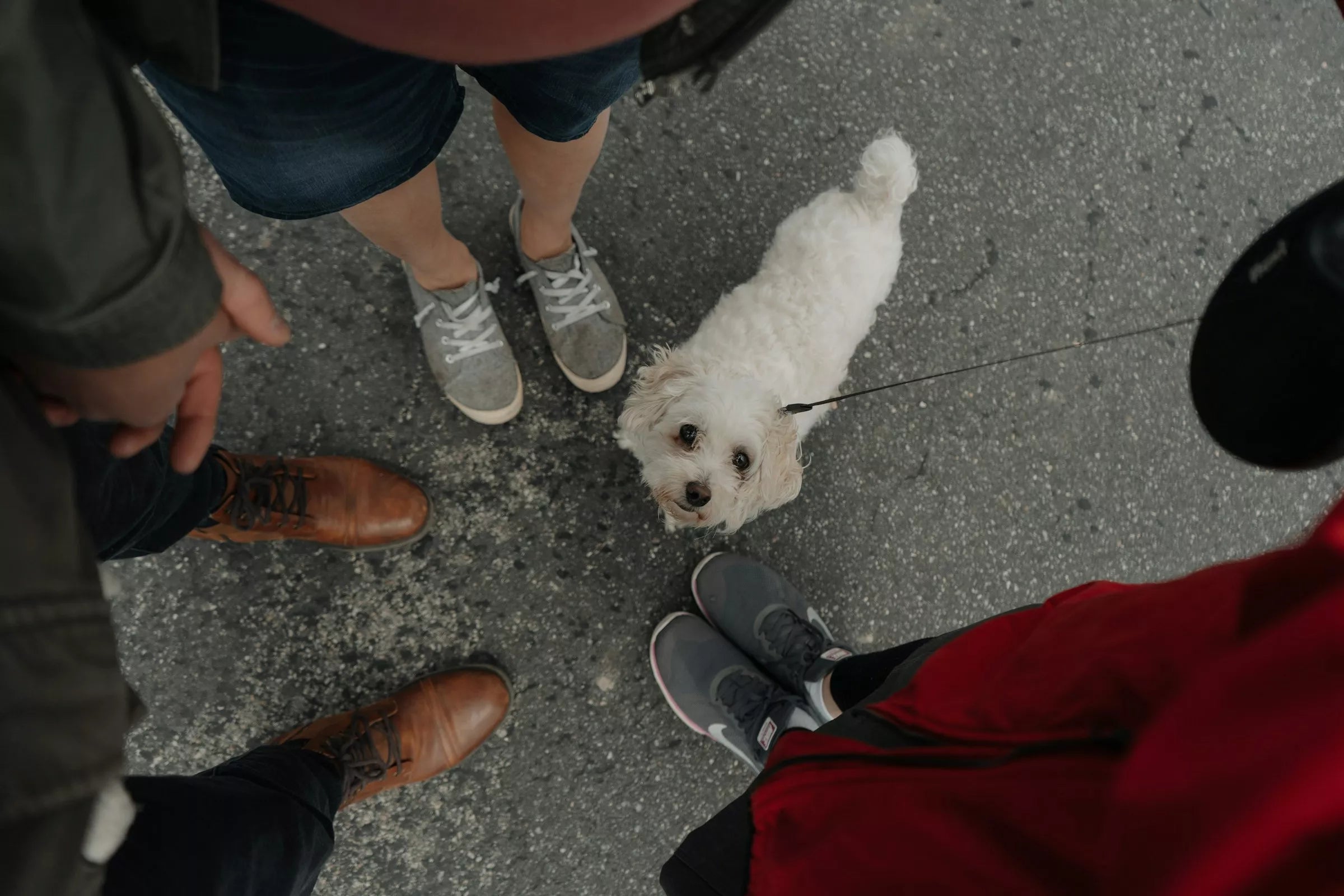
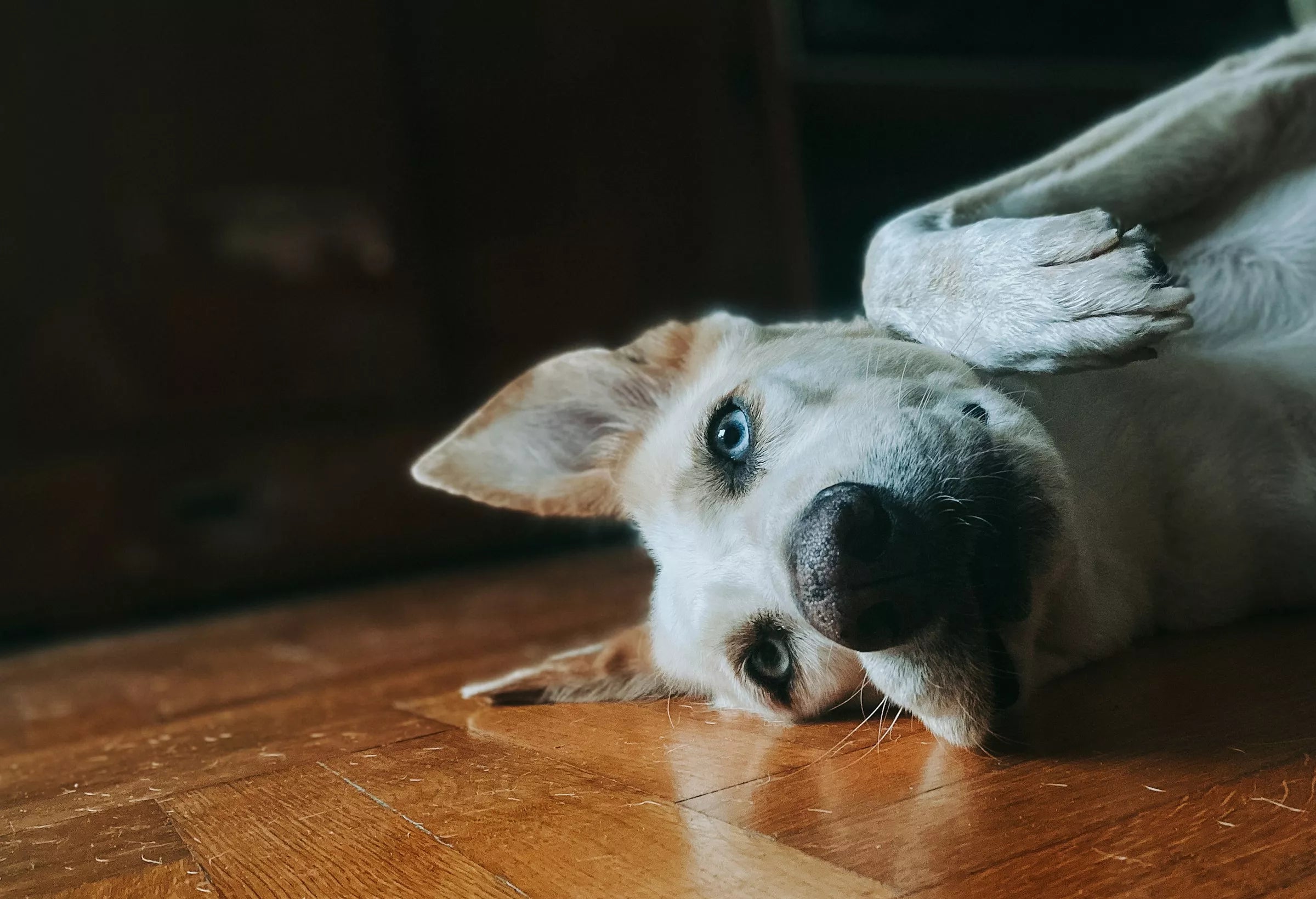
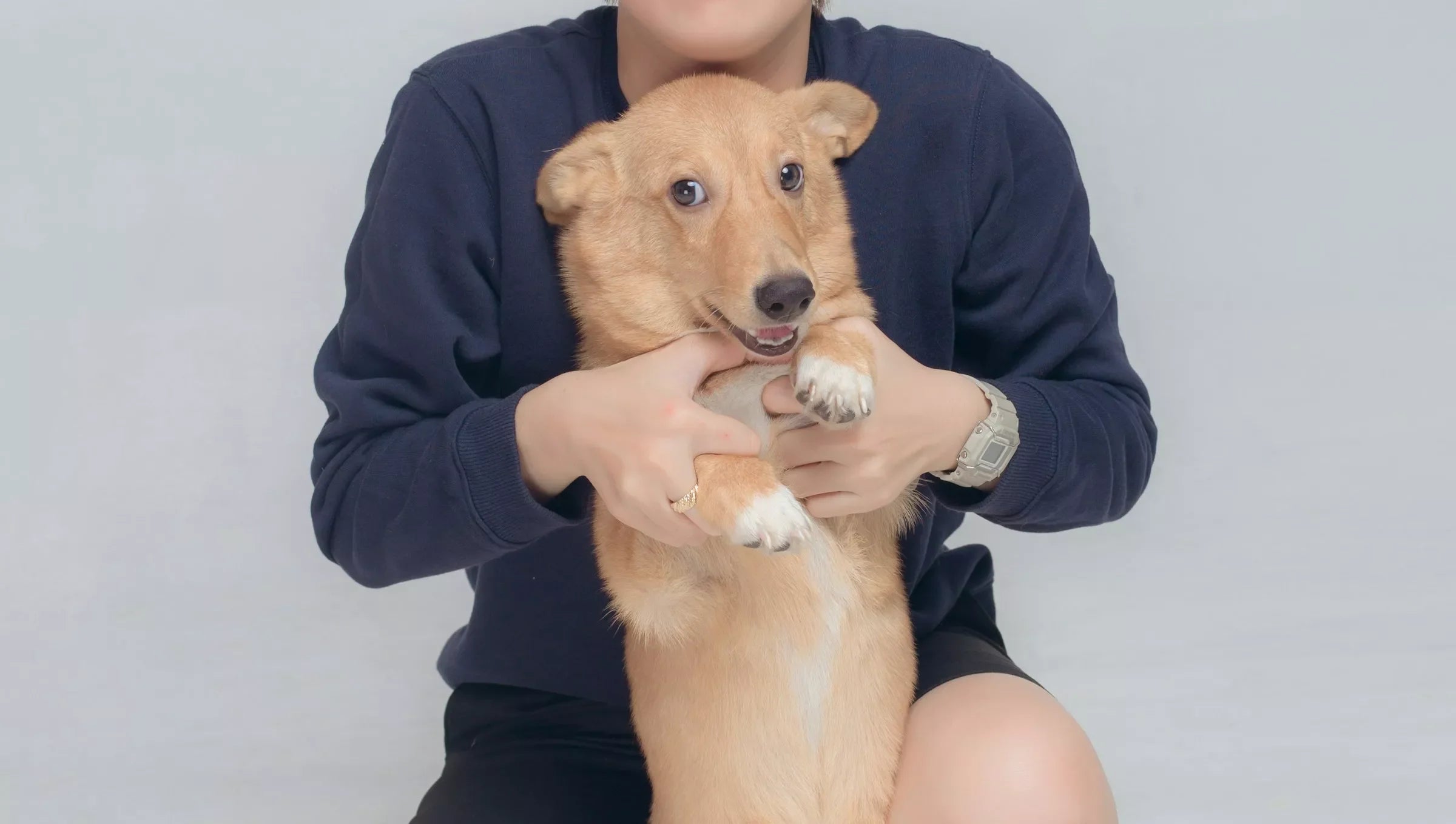
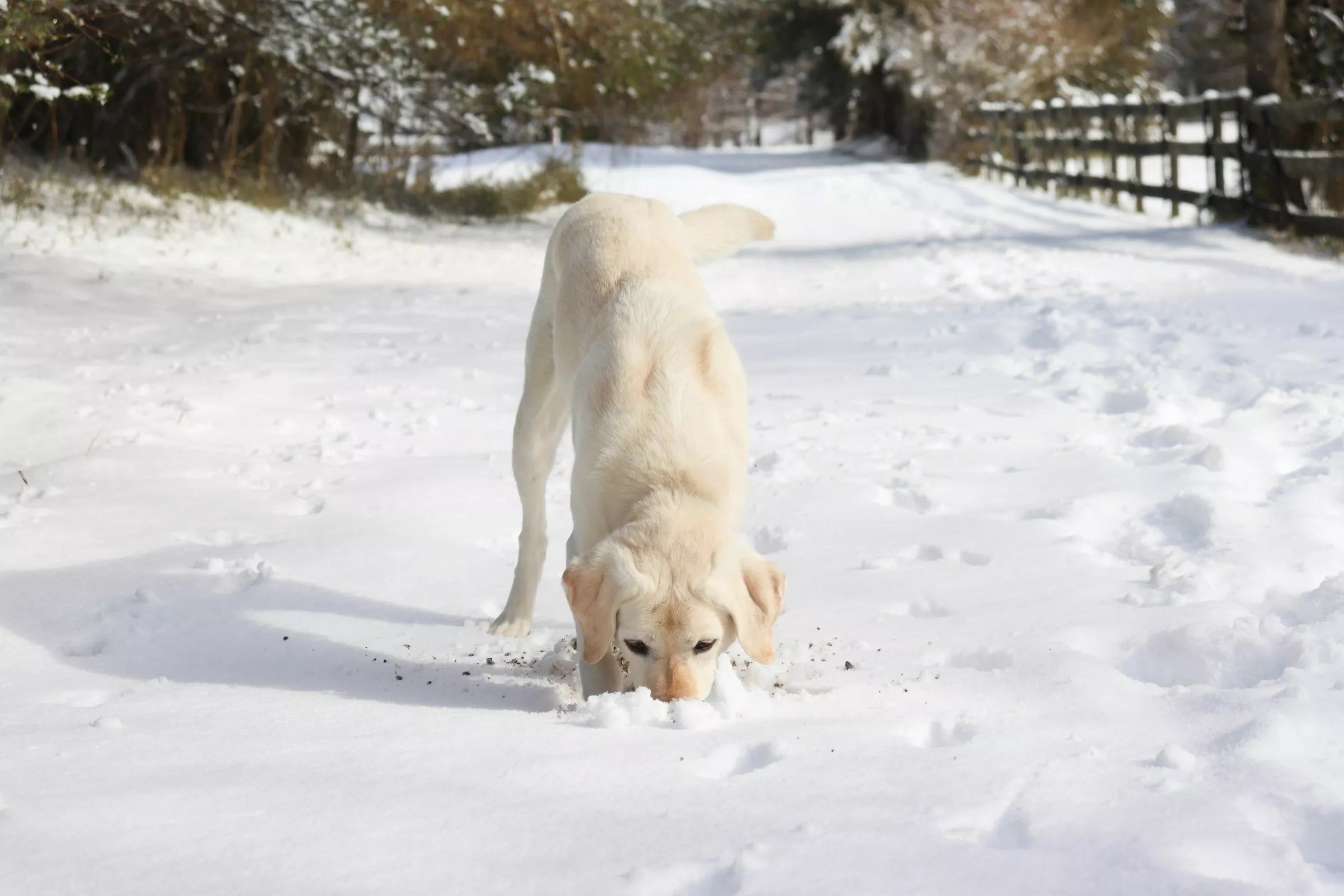






Share:
Do Dogs Need Winter Coats?
How Dogs Make Us Better Humans